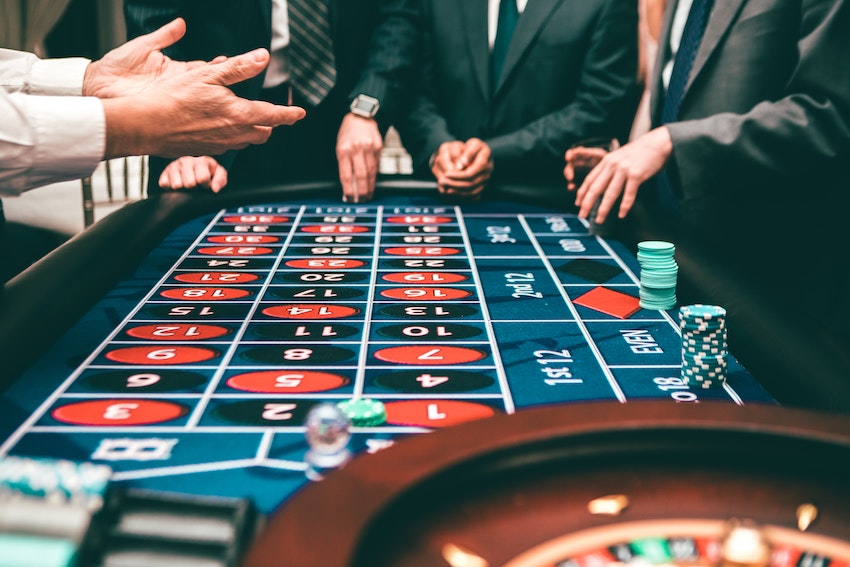For some people, trading in one evil for a lesser one makes sense. For example, a person who quits using marijuana might compulsively engage in online shopping or late-night snacking instead. Or maybe someone finally breaks a heroin addiction only to take up sleeping pills or compulsive gambling. A substitute addiction isn’t limited to a substance—it also extends to behaviors and activities done in excess.
At first it may seem like substituting other substances or activities for the primary addictive substance is the only way to avoid relapse. Unfortunately, the reported rate of recovery success for people who substitute their original addictions for new ones just isn’t as high as for those who stop engaging in addictive substances and behaviors altogether.
We’ll review below the most common physical and behavioral substitute addictions in the hope that you’ll be encouraged to develop self-awareness about the ways you might be prolonging addictive behavior and setting yourself up for relapse.
Physical Substitutes
- New Substances
Normally, prescription drugs are the go-to substitute for many people addicted to opioids and alcohol. The most commonly subbed-in drugs include sedatives, sleeping aids, codeine, and morphine, as well as other opioid-based pain relievers and anxiety reducers. - Food/Sugar
Comfort eating isn’t always a disastrous substitution method, but it can be harmful for bodily health and wellness. Increased weight gain, increased sugar intake, and a lack of nutrition can all result from comfort eating. These consequences can trigger stress and negative emotions later on, making sobriety and the mind-body balance that much harder to maintain.
Substitute Behaviors and Activities
- Work
While there’s nothing wrong with wanting to better your financial situation, working long hours without adequate rest and relaxation takes a huge toll on the body, mind, and spirit. The highs that professional accomplishments create can act similarly on the brain as the high that drugs and alcohol provide but replacing substances with compulsive work isn’t sustainable or healthy. - Co-dependent Relationships
Many people, whether or not they struggle with substance abuse, have experience with codependency. It’s a common yet toxic dynamic where one person will do practically anything and everything to maintain a relationship with another person, even if that means disregarding personal values, financial means, and boundaries. While healthy relationships play a big role in addiction recovery, a codependent or dysfunctional relationship can create the climate for relapse. - Compulsive Exercise
Due to the seemingly endless endorphins that exercise creates, exercise can have an addictive quality for some people. If you find that exercise is taking over your life and that you’re unable to reduce your exercise or feel good about yourself when you’re not exercising, you have probably developed an exercise addiction. Exercise addiction has several dangers. Overworking the body can lead to injury and chronic pain, which can lead to a pain medication addiction. In addiction, compulsive exercise can cultivate body dysmorphia, another trigger for substance use. - Gambling
The feeling of winning in gambling is similar to the feeling of using substances. For this reason, many people develop addictions to gambling even without substance use. Therefore, gambling is always a tempting option for many people who aren’t yet ready to kick addiction for good. Unfortunately, chronic gambling can lead to disastrous familial and financial outcomes and should be avoided at all costs. - Internet
Now that we live in a digital age, it’s become increasingly common for people to spend hours on end playing video games, staring into their phone screens, consuming pornography, and communicating with other people online. It’s an endless virtual world out there, and many people who want to substitute their addiction with the internet don’t have many obstacles in place to stop them.
The Takeaway
It’s natural to seek out activities and substances that feel stimulating and exciting. Working, exercising, managing pain, using the internet, hitting the casino now and again, and eating yummy food is good for the soul, perfectly legal, and, in moderation, safe. But those in addiction recovery must be vigilant about noticing when an activity or a secondary substance might be playing too big a part in their routine.
Developing a substitute addiction is usually a sign that underlying issues driving the original addiction have not been fully addressed. At our Iowa facility, our holistic approach tackles substance abuse and the mental health issues that fuel and accompany it. Call us today to learn more.







